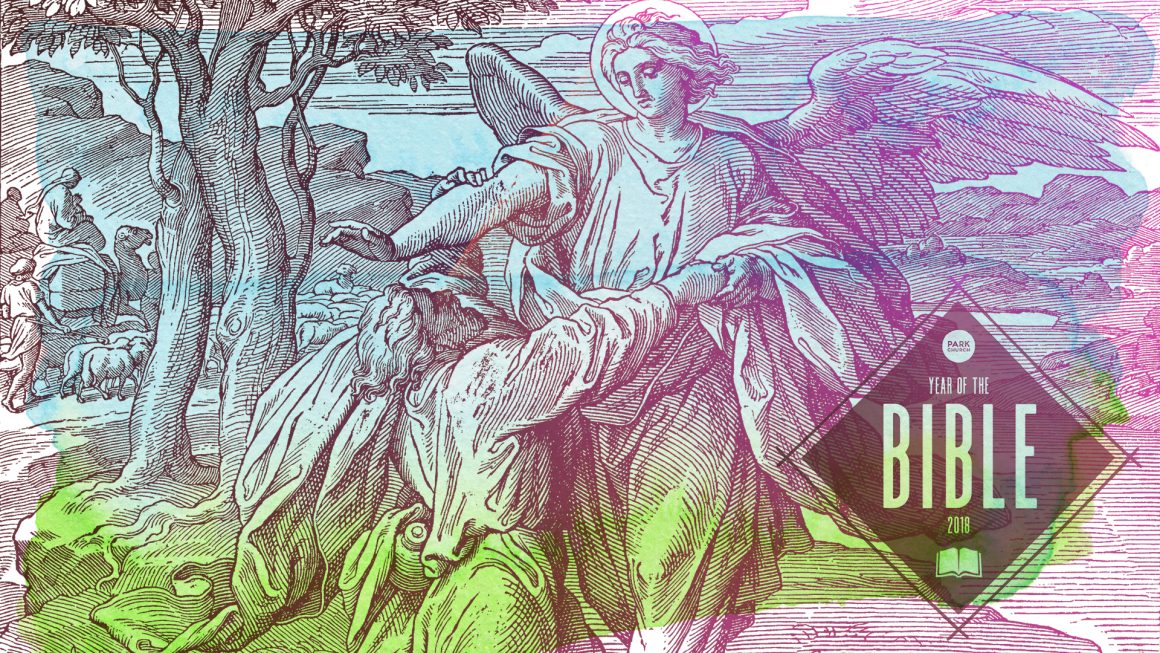So what’s in a name?
Nowadays names are little more than something we are saddled with at birth by our parents or something our friends bestow upon us. In the first instance we might be named according to our parents’ expectations, in the second it is more likely that we are nicknamed by our reputation. In any event, it is most common in our time to consider a person’s name as merely a moniker; that is to say a pithy, meaningless derivative of our full name (for instance, “Mike” or “Mikey.” In elementary school I was known as “Stan”).
Yet even here our names could be by products of who we are.
For instance, I am not known as “Michael Stanislawski” to most of the people I deal with in business; rather I am known as “Mike the carpenter.” My name and my profession (reputation) have melded into one succinct description of who I am. People recognize me by name and the specificity (I have been dying for a place to use this word) of my work. In this particular case I am better known for the service I provide rather than my family heritage.
In our reading through Genesis we encounter quite a few characters whose names are very significant. Often times biblical names help to color the stories being told by providing insight into the character and role of specific persons. Such is the case with Jacob. In Genesis 25:26 we read that Jacob was named by what his mother observed about him at birth. “Jacob” means “heal catcher”, or more specifically “one who gains advantage by tripping up his opponent.” This description of Jacob’s character certainly played out in his dealings with his brother Esau (25:30-34; 27:36). To be sure Jacob took advantage of his brother’s indifference to the promises of God (25:34), yet it was by his cunning that Jacob sought to promote himself. Something seems to change in Jacob as he meets his match in uncle Laban. Twenty years go by as Jacob seeks to procure the wife he loves and return to the land of his father Isaac. His experiences taught him to trust in the God who promised to return him to the land (28:13-15).
While Jacob left the land of promise trusting in his cunning ability for success he returns hesitant to cross over into the land because he feared Esau’s anger (32:7-8).
What is interesting is that Jacob’s hesitancy to cross over is highlighted by his struggle with the angel of the Lord. Genesis 32:24-32 tells us that Jacob spent a very restless night before he confronted his brother by re-entering the land of God’s promise.
It is in this struggle that God changes Jacob’s name to Israel.
There is some discrepancy as to the meaning of “Israel”; some commentators see it as “prince of God”, others define it from verse 28, one who “has striven with God and man and has prevailed.” There is certainly merit to both definitions yet, in my own opinion, Jacob’s struggle against his circumstances cause him to reject his cunning devices as he realizes he is unable to fully deliver himself from danger. He clings to God which culminates in a physical limitation; Jacob’s tenacity represents his faith in God. God had promised to bring him back to the land (28:15). Jacob’s struggle with the angel seems to reflect his struggle in faith; “is God going to bring me back as he said or am I going to be destroyed by my brother’s anger?” God had promised and as he hesitated to cross the stream Jacob was challenged to respond to that promise. As he wrestles with the angel of the Lord Jacob refuses to let go without his blessing (32:26). It seems to me that it was in this moment that Jacob realized his success could not be predicated on his cleverness. He could only succeed if God had blessed his path (Prov.3:5-7).
A change had taken place in Jacob. His twenty years of sojourning had shown him God’s faithfulness. We see an echo of this as Jacob/Israel goes down to Egypt to enjoy God’s provision through Joseph. Towards the end of this week we will be reading in Genesis 46:1-2 and verse 8 where “Jacob” and “Israel” are used interchangeably to depict the final patriarch of the Nation (Abraham, Isaac, and Jacob[1]). What’s interesting is the end of Jacob’s story contains an echo of the beginning of his sojourning, “I will go down with you to Egypt, and I will also surely bring you up again,” (compare Gen. 28:13-16 and 46:3-4).
God promises to lead his people and his leading secures their arrival.
Often we resort to our own ingenuity in resolving our problems. A lot of times this seems to work. But when we come to the end of our cunning resources we find the ultimate source of strength provided by God’s grace. As we cling to him in faith we find our identity as “Christians”; the new name that is bestowed on those who truly follow Jesus (John 14:6).
[1] “Jacob” and “Israel” are the names used in the rest of scripture to depict the Nation God chose to be a witness to the rest of the world; the Nation from which the Messiah, Savior would emerge.



